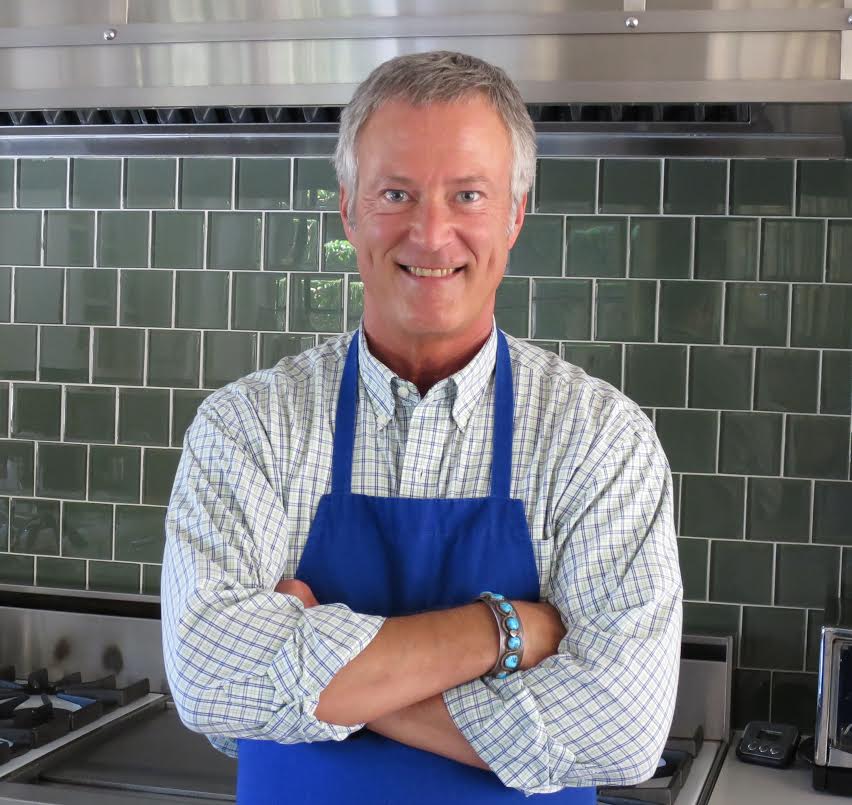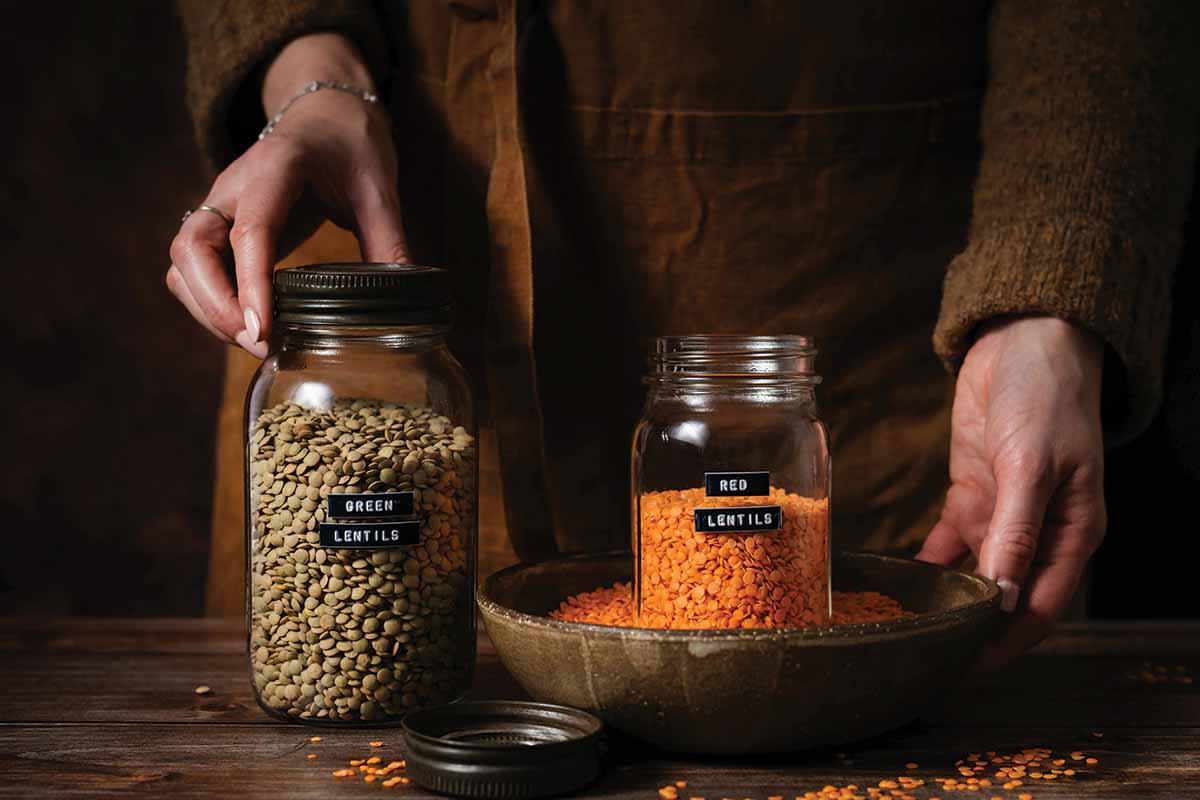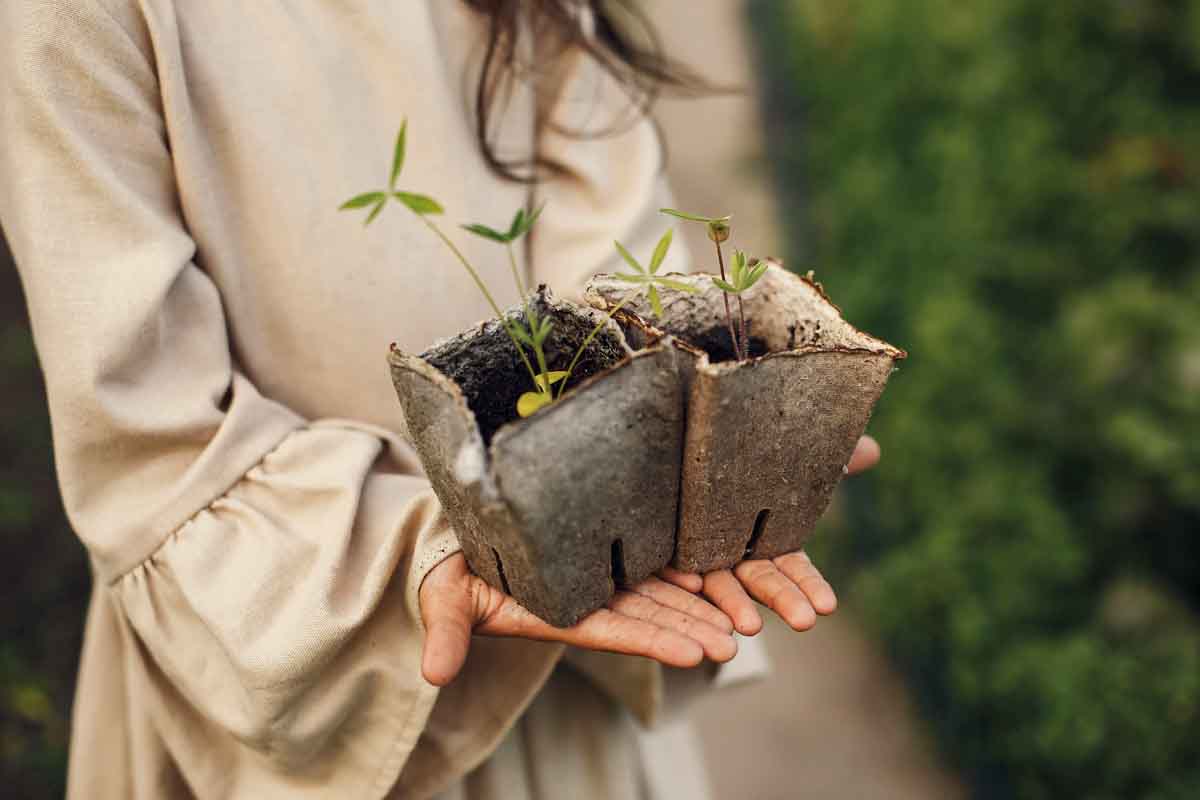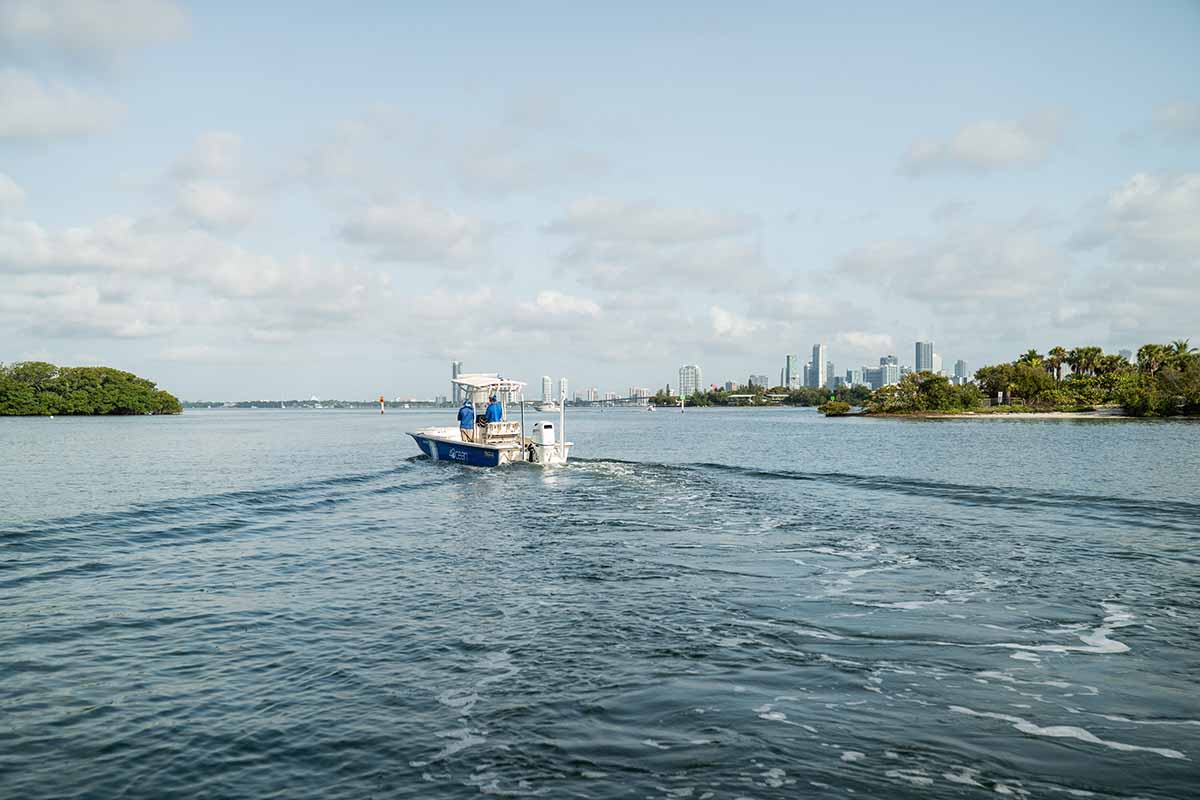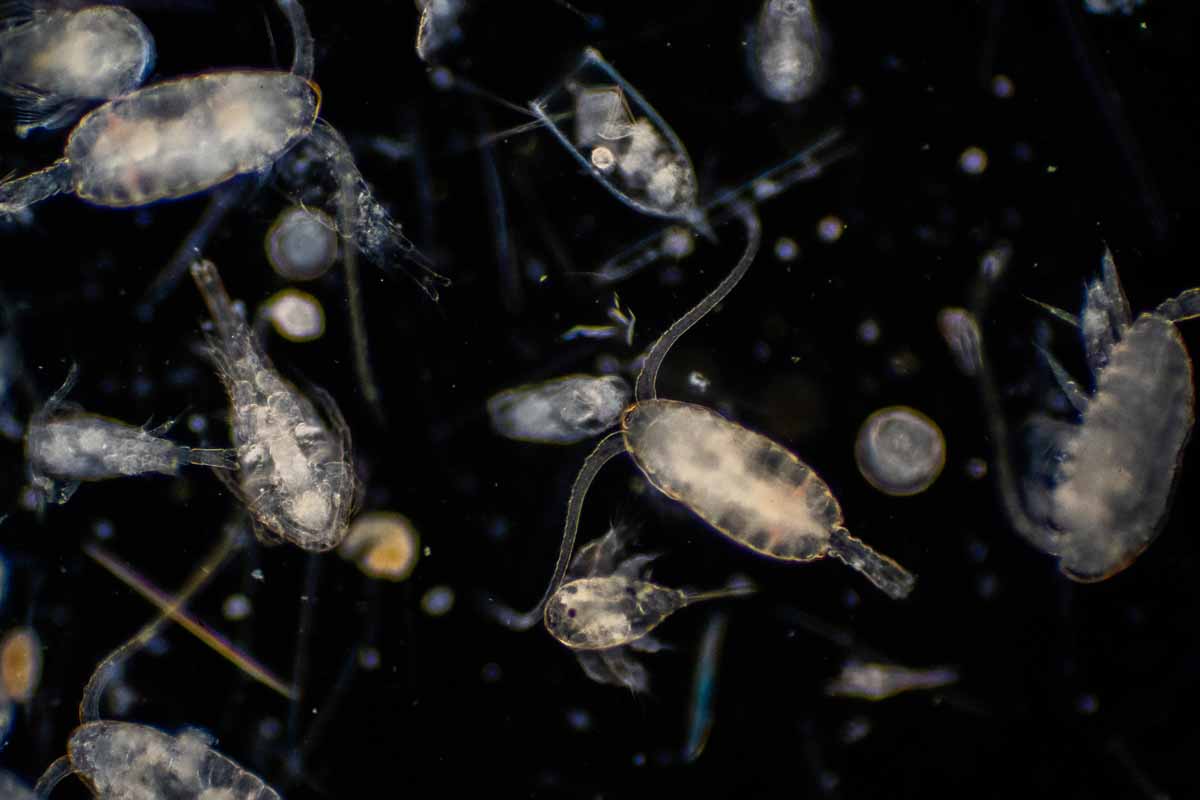Advertisement
Innovation for Good: Beneath the Waves and AKUA
Beneath the Waves and AKUA
Fact-Checked
This article has been written and fact-checked by experts in the field.
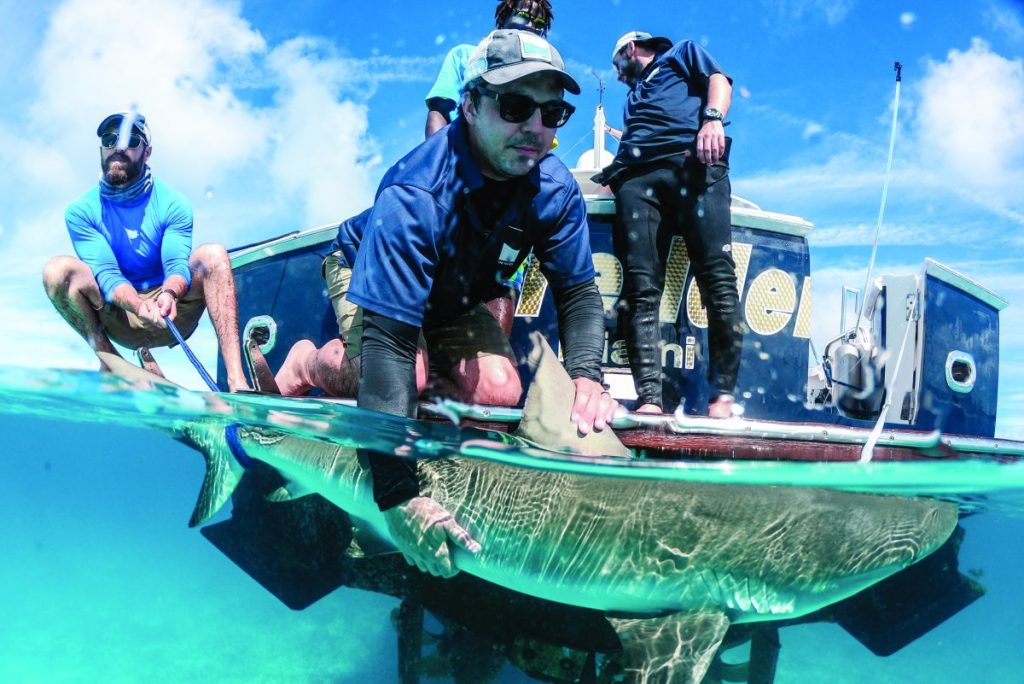
The oceans hold approximately 96.5% of all the Earth’s water. Beneath the Waves and AKUA are two organizations striving to protect the aqueous world by encouraging people to recognize the inescapable connection between it and their own.
Advertisement
Beneath the Waves
“Ocean health and human health are deeply and intimately connected.”
Dr. Austin Gallagher, founder and CEO of Beneath the Waves, wants to save the world, starting with the watery part of it. “Our planet is an ocean planet. I want [people] to know that ocean health and human health are deeply and intimately connected.”
In addition to scientific projects involving marine conservation and threatened species, Dr. Gallagher and his team strive to deliver positive outcomes by conducting research, educating the public, and engaging with governments and the private sector to effect change.
The focus of Beneath the Waves is not confined to what lies beneath the waves but encompasses activities on land as well. The organization is committed to using science as a catalyst for ocean policy and promoting ocean health, particularly shark conservation.
Collaborating with local communities is a top priority for the organization. “Local communities are the ultimate stewards of the very marine resources we are working to protect,” Dr. Gallagher notes. “We engage local K-12 students regularly through our work, and we offer competitive internships and practical training for marine conservation programs.”
Dr. Gallagher explains, “For me, it is all about building resilience. Protecting sharks and their habitats is a key focus of our group, for example. We like to use sharks as an example of how we need to rethink our relationship with the ocean. It has to be exciting, it has to be thrilling, it has to be relatable.
“Knowledge is critical if we are to learn how to coexist with this planet; this is the greatest challenge of our time as a species.”
Advertisement
AKUA
“Ocean-farmed kelp is a “zero-input” food source that requires no fresh water, dry land, fertilizer, or feed.”
Courtney Boyd Myers was always a “massive ocean lover,” but it was not until she collided with the concept of regenerative ocean farming that she found her calling. “I was always looking for the one thing that I could work on for the rest of my life. And when I started building AKUA, I realized that working to feed people sustainable sources of plant-based foods from the oceans was it.”
Now she’s a cheerleader for sea greens. “We’re all about them. By focusing on meat-alt products, we replace factory farming—the most destructive form of food agriculture on the planet—with regenerative ocean farming.”
AKUA’s website succinctly makes the case for eating kelp, “Animal agriculture is the second-largest contributor to greenhouse gas emissions in the world, whereas ocean-farmed kelp is a “zero-input” food source that requires no fresh water, dry land, fertilizer, or feed.”
“We are on a mission to bring regeneratively ocean-farmed kelp to the world and to help turn the tide on climate change in the process.”
AKUA is all about the community as well. “We are proud to source our kelp from small scale New England farmers, to help bolster the bluegreen economy of our coastal communities.”
Finally, the passion comes down to the personal for Boyd Myers, and leaving a legacy for the younger generation: “Now, more than anything, I am driven by looking into the eyes of my newborn daughter and wanting to make her proud.”

